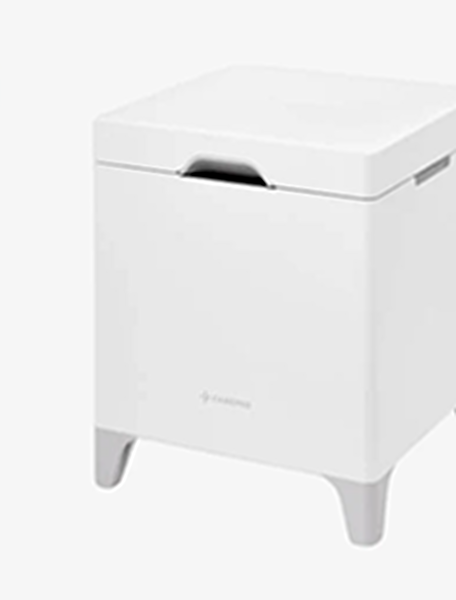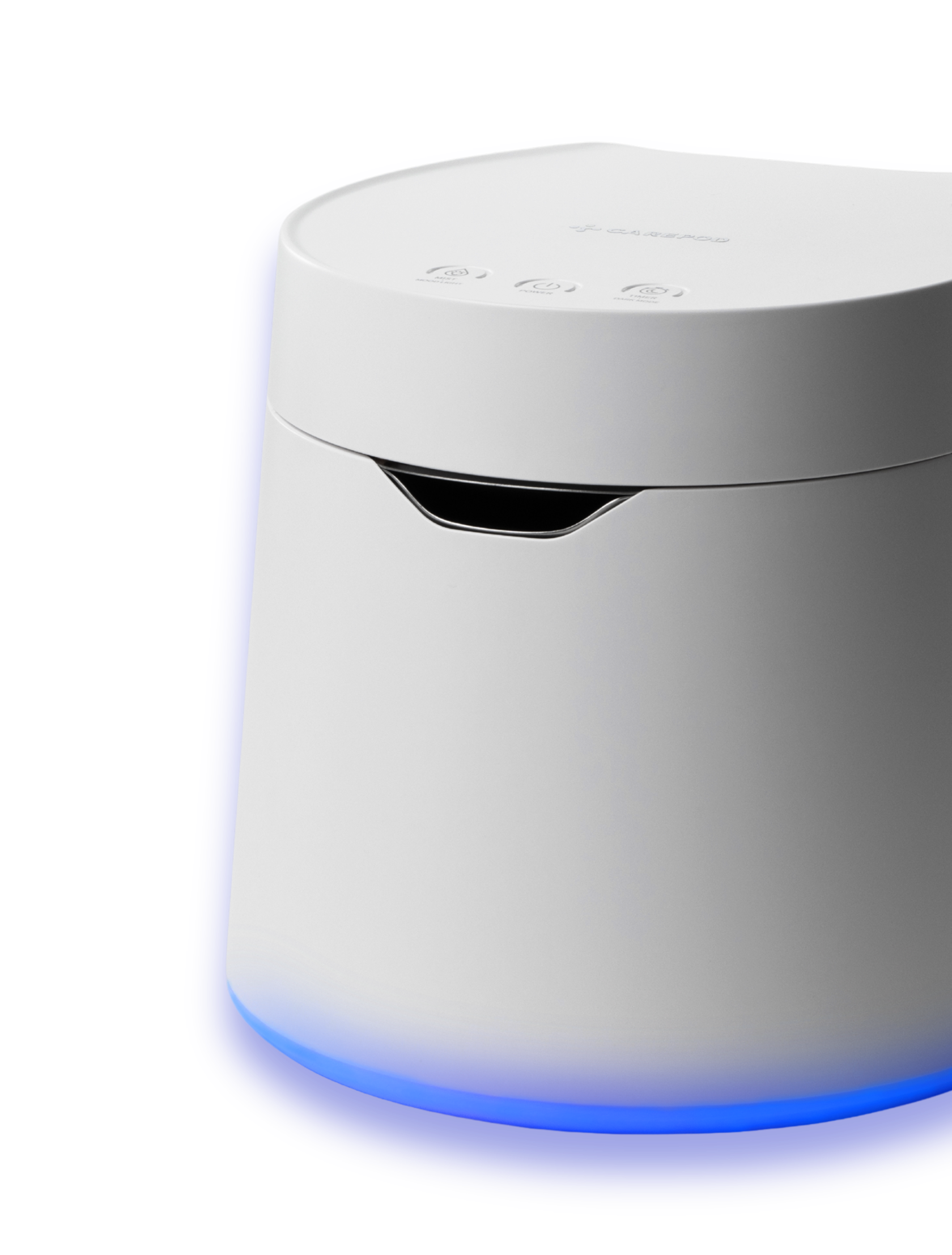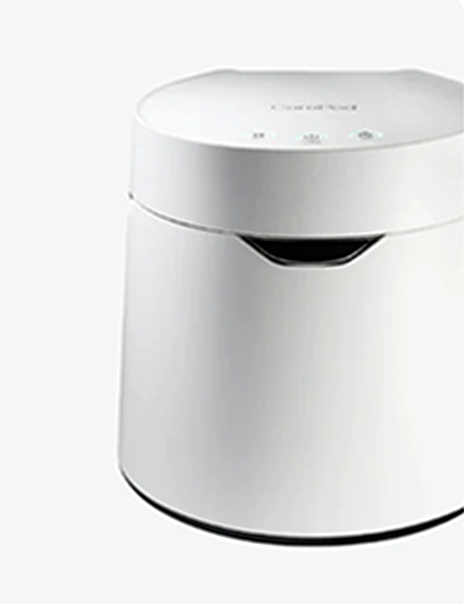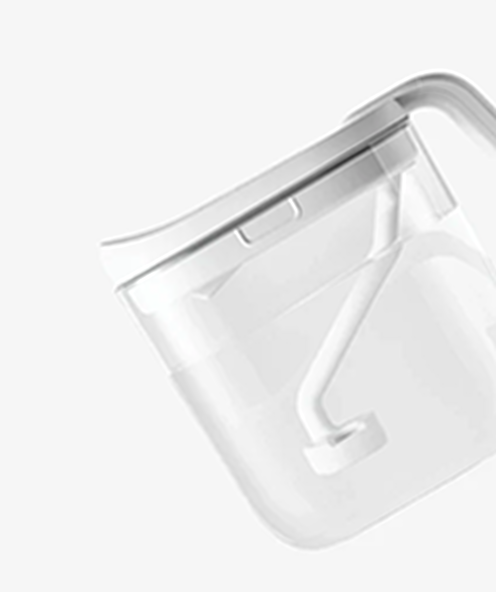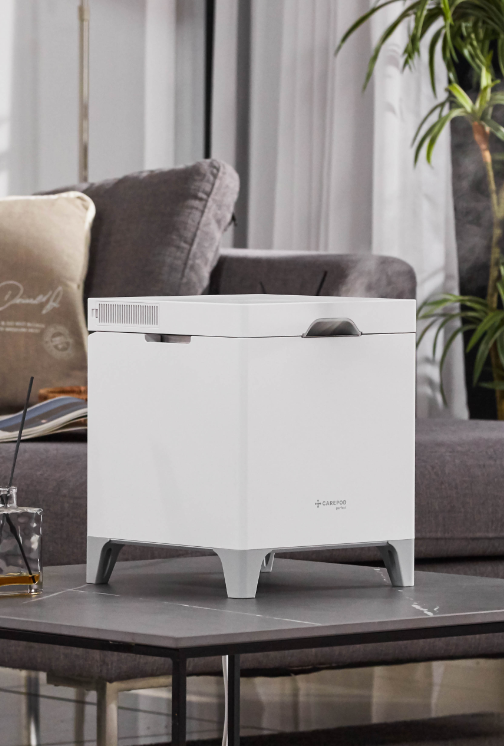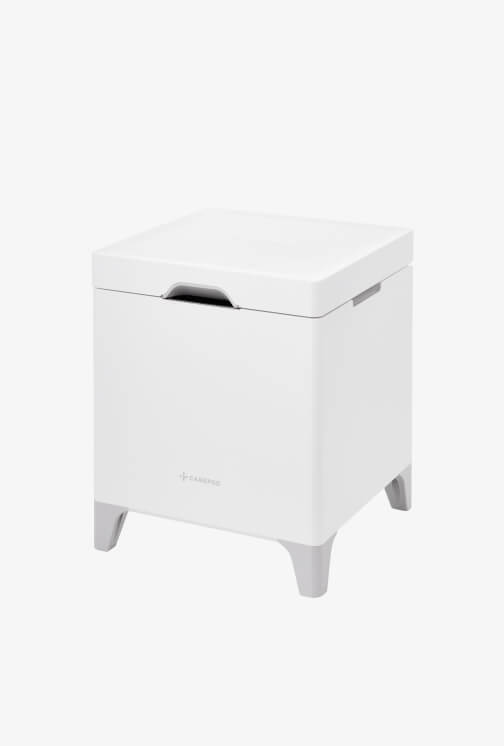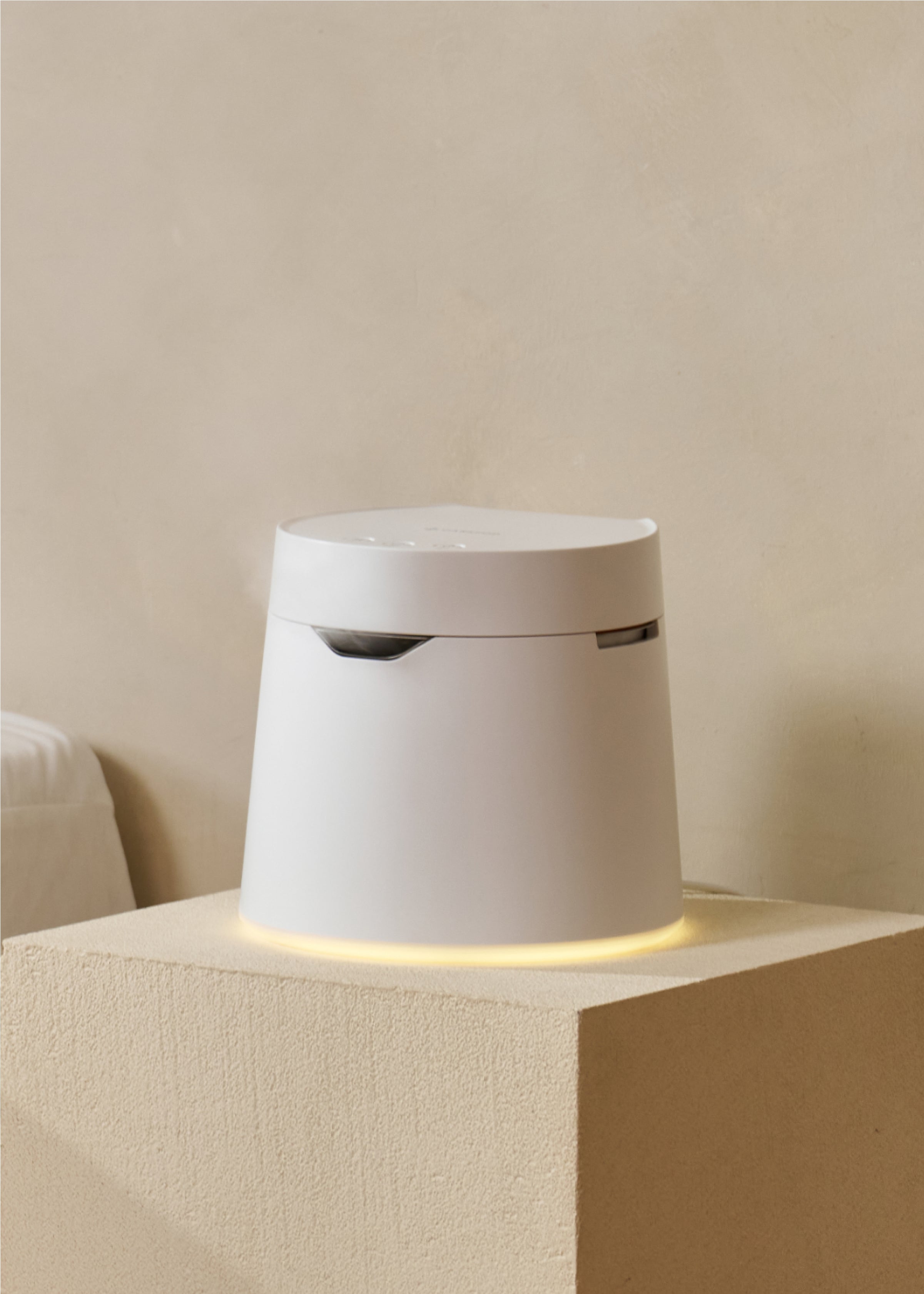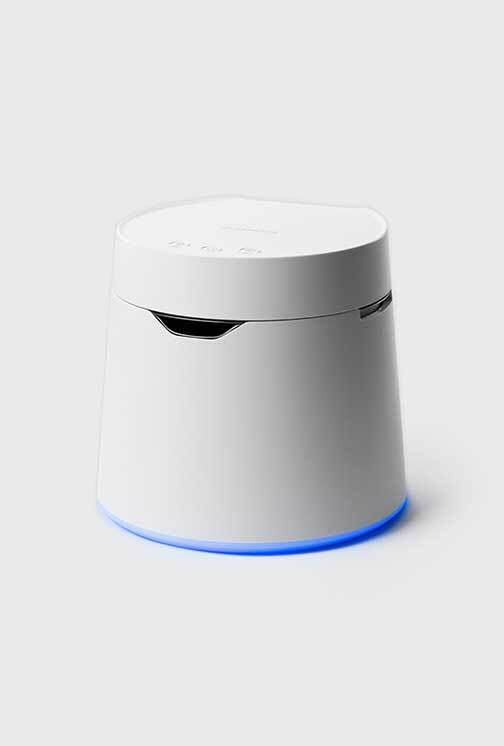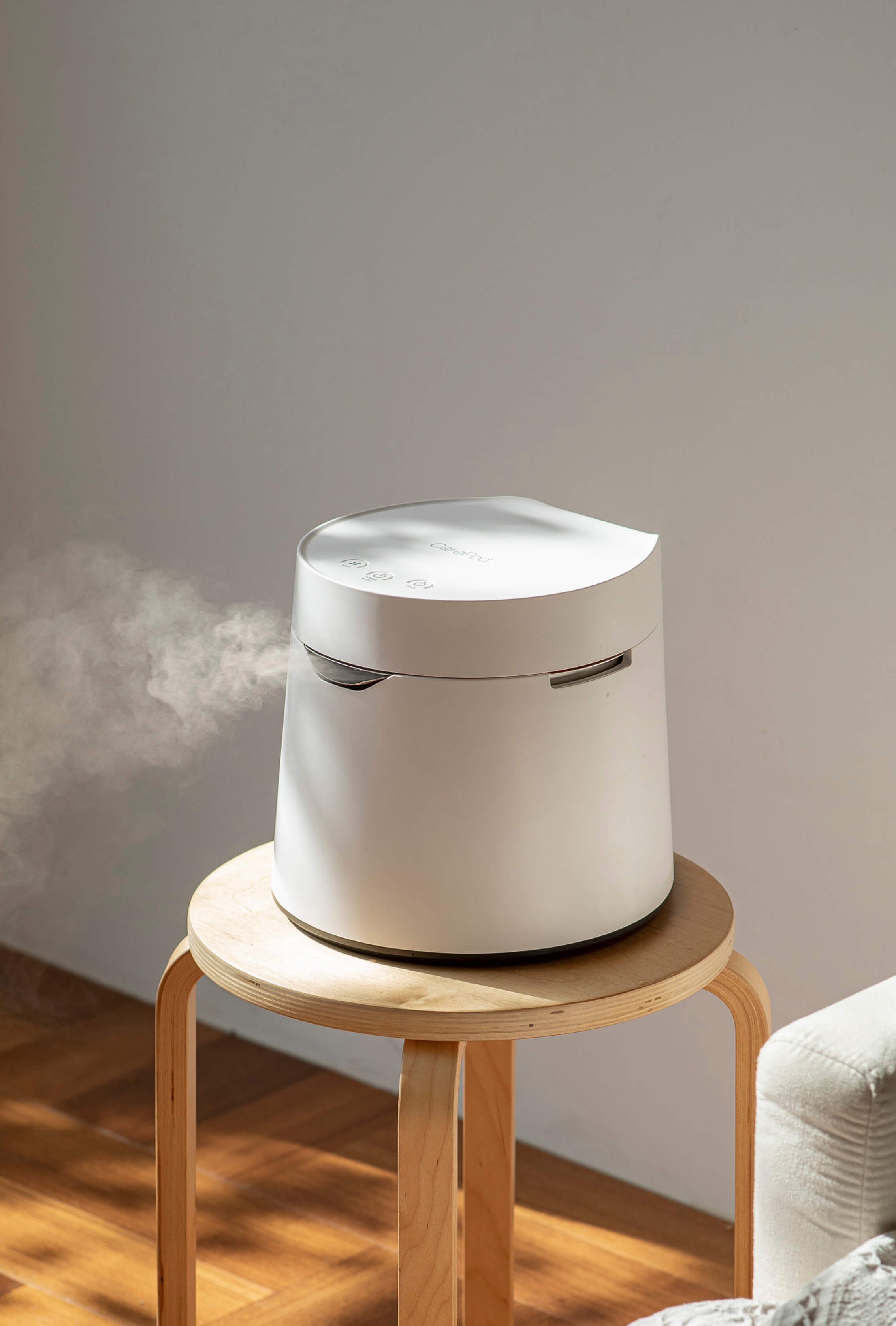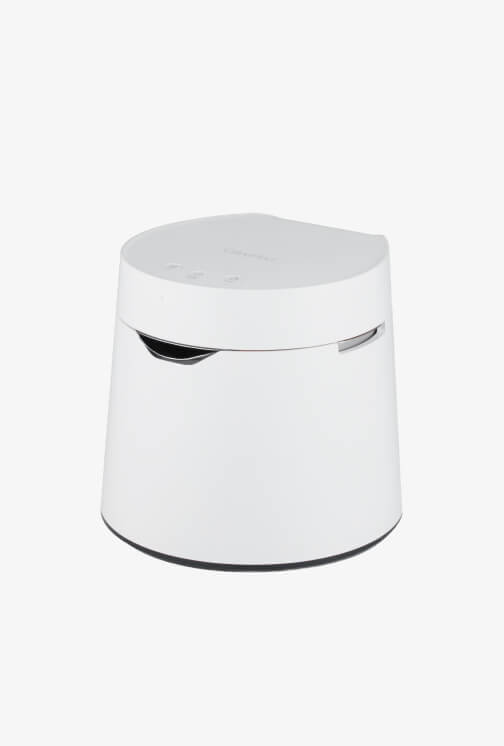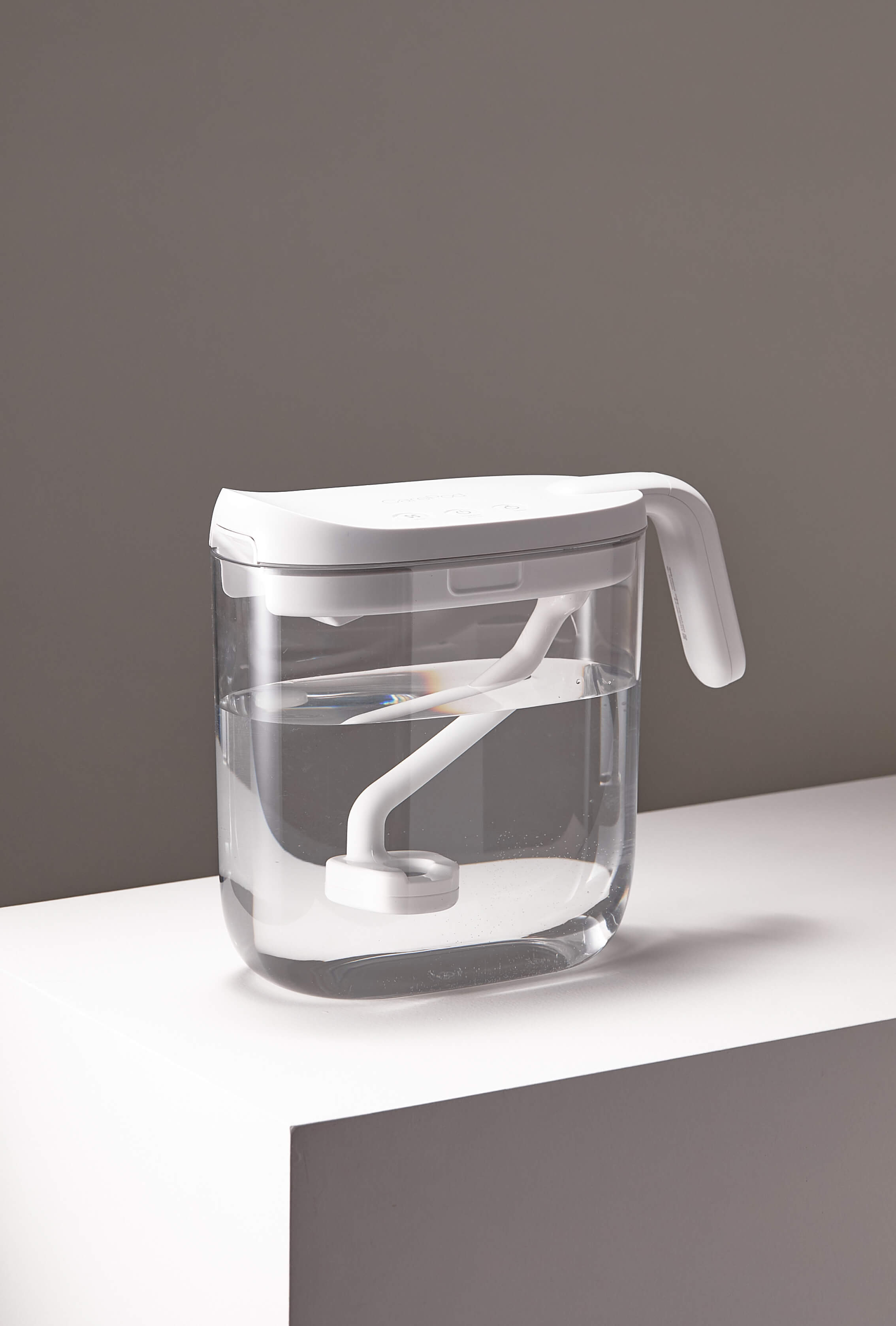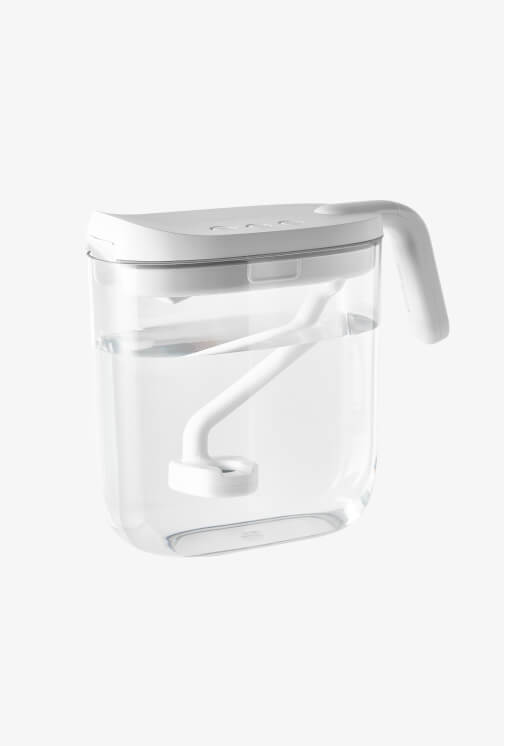Why You Need a Humidifier in the Winter

It is a common fact that a humidifier is helpful for increasing humidity in a home- most especially during this harsh dry winter season. This device helps fight dry air and the effects of cold weather. Dry air can cause dry skin, sinus problems, and other health issues. Additionally, dry air can reduce the efficiency of the home's heating system and cause static electricity to build up. Humidifiers can help reduce these problems.
Why flu strike in winter?

The flu is most common during the winter because it is spread more easily in cold, dry air. When the air is cold, it is easier for the virus to travel in the air and for people to come into contact with it. Additionally, the lack of humidity in the air can cause the virus to survive for longer periods of time. People are usually indoors more often during the winter, which increases the chances of them coming into contact with the virus and passing it more rapidly from person to person.
Why do we humidify?
Humidifiers are necessary in areas where the humidity levels are below the desired range. The humidity levels needed for optimal health vary depending on the individual and the location.
Thinking of buying Carepod, here’s what you need to know.

It’s very crucial to keep the humidity in our room to avoid allergies, eye irritations, skin dryness, and other concerns caused by dry air. Also, humidifying your home or office can help improve the overall air quality and make it more comfortable. By adding moisture to the air, it can reduce static electricity, reduce dust and allergens, help you breathe better, reduce snoring, and help keep your skin and hair from drying out. Not to mention, it can also help protect wooden furniture, and other wooden items from cracking or warping due to dryness.
Benefits of a Humidifier in the Cold Winter Months
There are a lot of natural ways to humidify the house but with the use of a humidifier, it can really help you with ease to help maintain the proper humidity level under your roof.
Here’s what you need to know about the correct placement of your humidifier.
Here are some benefits of having Carepod during the harsh winter months.
Improve air quality and respiratory health
With the help of humidifiers, it can trap airborne particles by releasing moisture into the air. During winter time, the air is super dry and can be a problem to your health. This causes respiratory health issues like cough, colds, and flu.
Increase comfort due to higher humidity levels
Increased humidity may ease breathing in children and adults who have asthma or allergies, especially during a respiratory infection such as cold. This makes your home feel warmer and more liveable having a clean, fresh, hydrated air that can prevent health problems and other factors that will be mentioned in the latter part of this article.
Reduce static electricity
By maintaining the proper humidity level in a particular room, the moisture content of the air is a natural conductor, thus preventing static electricity from building up.This can also be helpful in reducing the chances of getting colds.
Improve energy efficiency of heating systems
Humidifiers reduce the amount of energy that is needed to heat the air and can help to keep the air more humid. Humidifiers can help to reduce the amount of moisture that is released from the air, thus reducing the amount of energy that is needed to evaporate that moisture.
Improve sleep
When the air is too dry, one can experience difficulty breathing. By increasing the humidity levels in the room keeps the air from becoming too dry. This keeps the nasal passage and throat from drying out and creates a comfortable atmosphere that can help someone to sleep better.
Less allergies and illnesses
By adding moisture to the air, it can reduce mucous membrane irritation and inflammation, thus relieving allergy symptoms. It can also prevent further health issues just make sure to maintain proper humidity levels between 40% and 60% can reduce the transmission of virus.
Signs You Absolutely Need a Humidifier
- Your nasal passages are dry and you often wake up with a sore throat.
- You’ve noticed that plants in your home are wilting or dying.
- Your furniture and wooden floors are starting to show signs of cracking.
- You’re experiencing static electricity shocks.
- You’re noticing increased dust in your home.
- You’re having difficulty breathing or you feel like the air is too dry.
- You’re waking up with scratchy, dry skin and eyes.
- You’re having difficulty sleeping due to the dry air.
Humidifier vs Dehumidifier
By definition— a humidifier adds moisture to the air while a dehumidifier removes moisture from the air. Humidifiers are typically used in the wintertime when the air is dry and can help reduce nosebleeds, sore throats, and other respiratory issues. This is a great way to add moisture to the air in a room during the harsh cold winter months. It can help reduce the dryness and cold symptoms that are really common during winter. On the other hand, dehumidifiers are usually used in the summertime when the air is too humid and can help reduce mold and mildew growth, prevent dust mites, and reduce allergies.
You can also use humidifiers during summertime. The use of humidifiers can still bring benefits even though the temperature is warmer and the air is heavy. These devices like Carepod can help alleviate symptoms from seasonal allergies and also help prevent dehydration for the skin, nasal, and respiratory passages.

Just remember- let the humidifier do its job and let it work for you. From keeping your skin healthy and hydrated during these cold winter months to having a sound sleep and alleviating respiratory issues, Carepod really has got it all for you.
